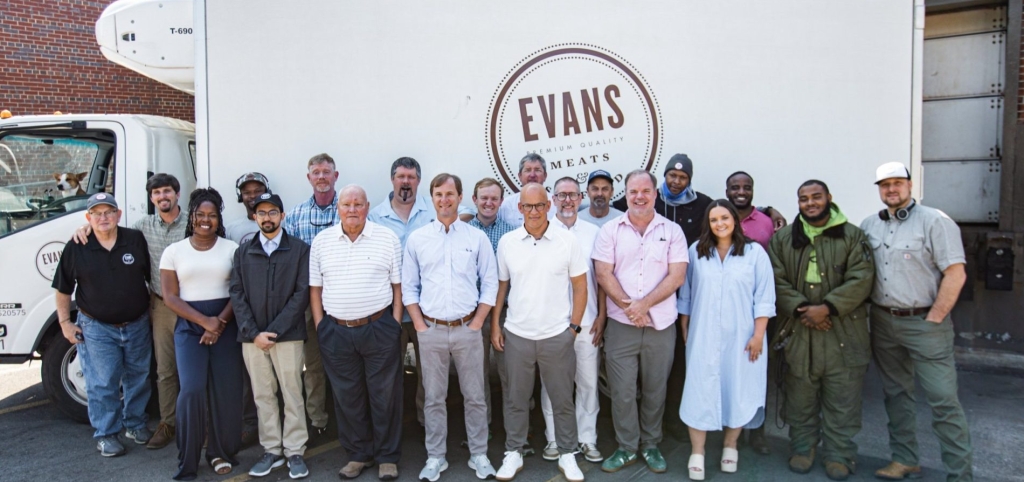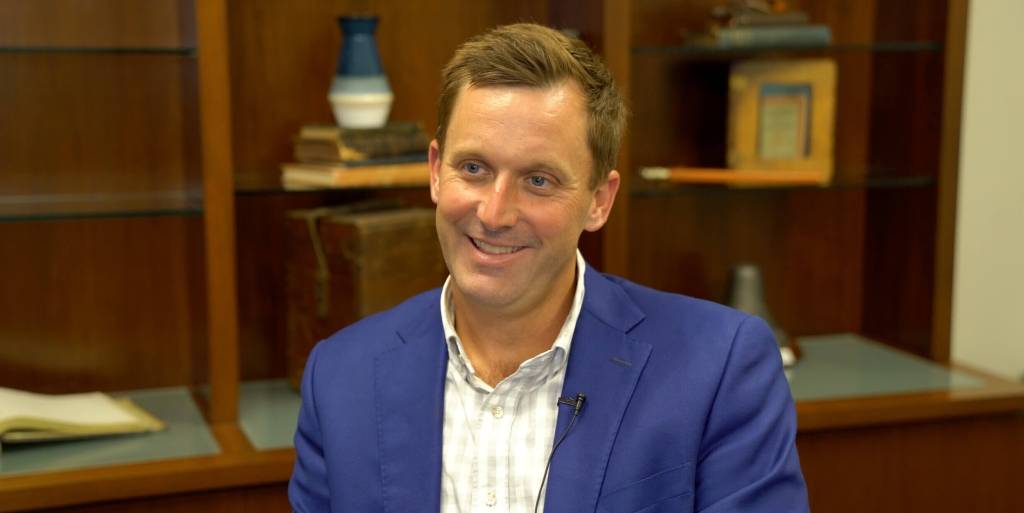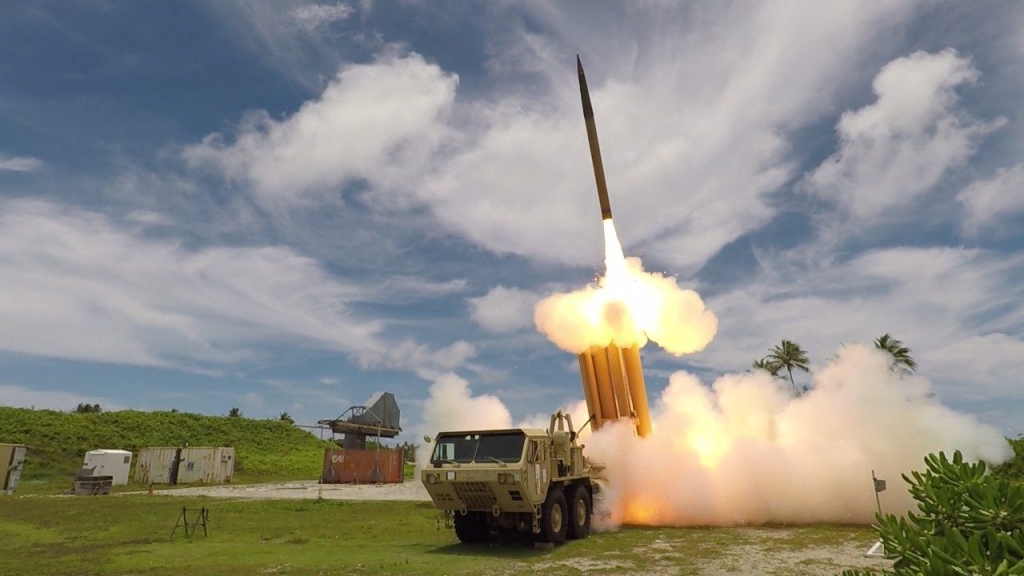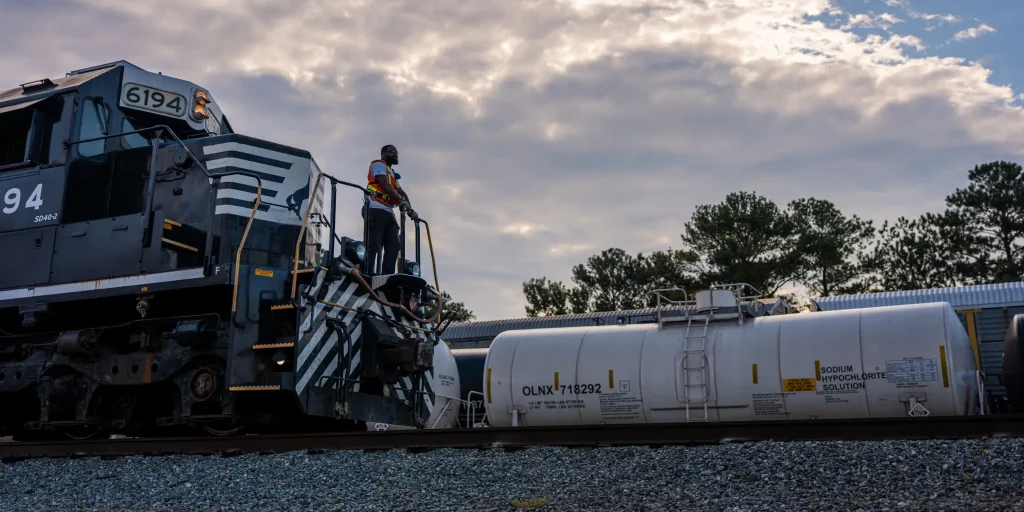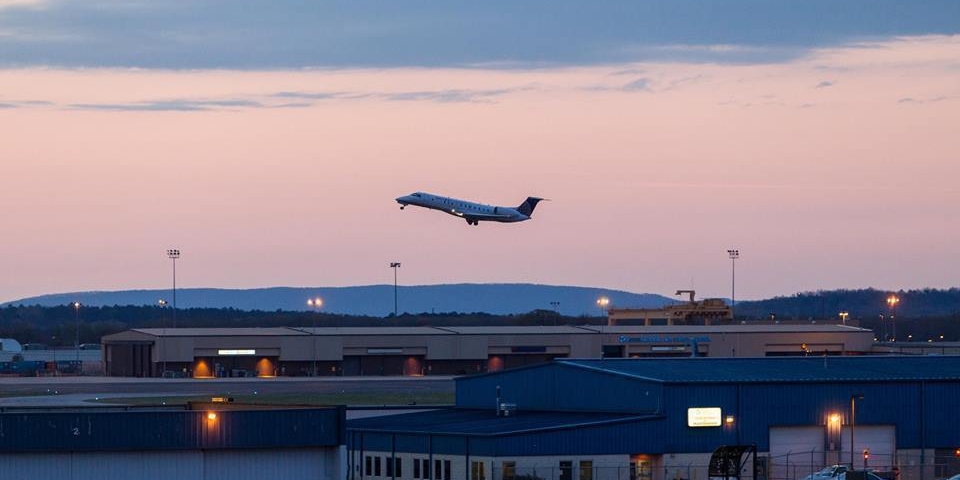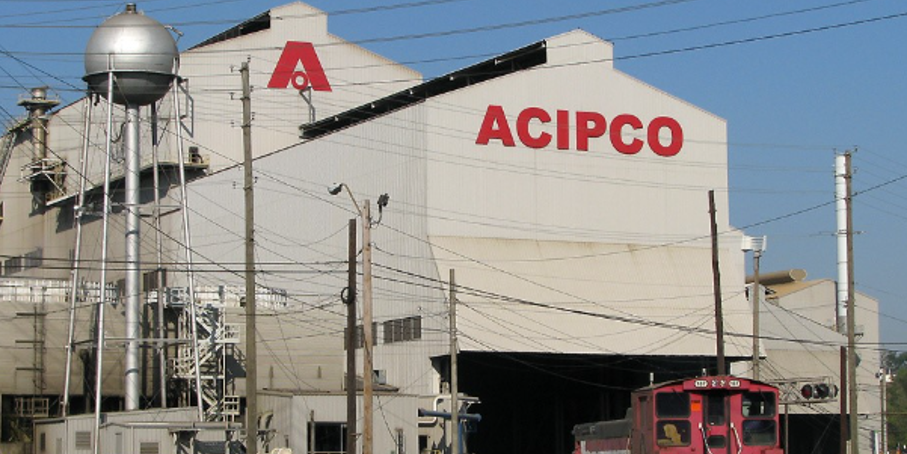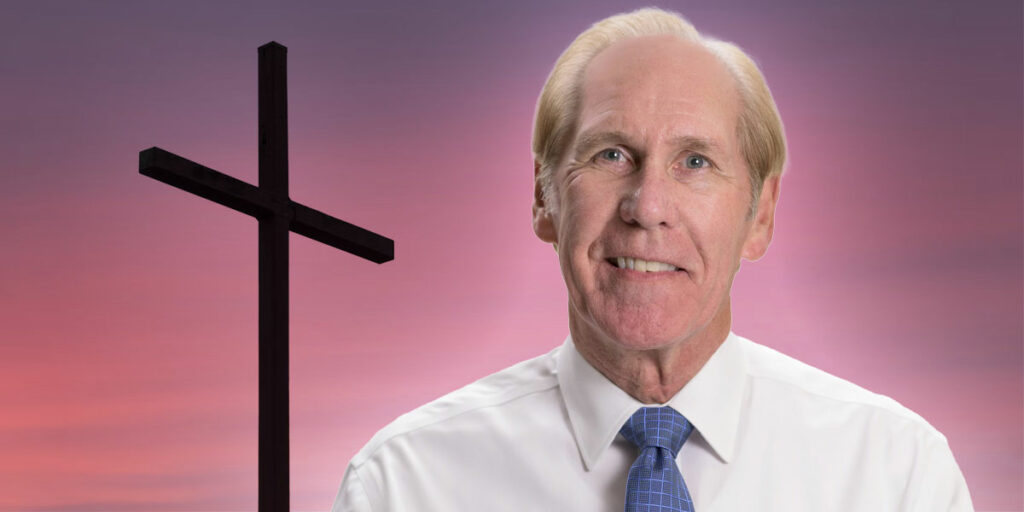Alabama-based Blair Block has begun producing the world’s first, ultra-low-carbon concrete blocks at its facility in Childersburg. The blocks, which cost no more to produce than those made with traditional concrete, will be used by C&C Masonry in the construction of several municipal projects across the state.
The new blocks leverage proprietary technology from California-based CarbonBuilt that reduces embodied carbon by 70-100% compared to traditional concrete blocks.
The first-of-its-kind project has another Alabama connection: The technology underwent successful pilot testing in 2021 at the National Carbon Capture Center (NCCC), located at Alabama Power’s Plant Gaston in Shelby County. The NCCC is managed and operated by Southern Company for the U.S. Department of Energy.
“This is not only a milestone for CarbonBuilt and Blair Block, but also for the broader concrete and building materials industries,” Rahul Shendure, CarbonBuilt CEO, said in a news release.
“We’ve shown that it’s possible to massively reduce carbon emissions from concrete production without compromising on cost or performance. We look forward to replicating this success at concrete masonry plants around the country,” Shendure said.
CarbonBuilt’s technology replaces most of the expensive, high-carbon Portland cement used in concrete manufacturing with a low-cost, cement alternative made from widely available, low-carbon materials, the company said. The materials harden by chemically reacting with carbon dioxide (CO2) piped into the curing chamber from an onsite furnace that also generates heat needed for the process. The furnace uses waste biomass that would have otherwise produced carbon emissions. This process not only strengthens the blocks, but also permanently stores the CO2 in solid form.
“As a family-owned business, we’re incredibly proud to be the first plant in the world to produce ultra-low carbon concrete,” said Matt Blair, an owner and vice president of Blair Block. “We’re now able to offer customers a highly sustainable and sought-after building material while positioning our business for the future.”

The yard at Blair Block’s facility in Childersburg. (contributed)
The first ultra-low-carbon concrete blocks coming off the line will be used by C&C Masonry, a leading masonry contractor that has completed more than 400 projects, including schools, apartments, university buildings and justice centers. In the coming months, C&C plans to integrate the ultra-low-carbon blocks, which meet the same specifications as traditional concrete blocks, into both existing and new contracts.
Among the projects is a new firehouse in Montgomery’s Fairview Avenue district, a historically underserved part of the city where officials are working to attract new investment and development. The ultra-low-carbon blocks will be integrated into the project, replacing traditional concrete blocks at no additional cost.
“We are proud to be the first project in the world to use these new ultra-low-carbon blocks, made right here in Alabama,” Montgomery Mayor Steven Reed said in the news release. “Through our Montgomery Forward initiative, we’ve made a promise for a safer, more equitable and vibrant Montgomery. We can now add ‘sustainable’ to that list.”
Scott Cunningham, owner of Georgia-based C&C Masonry, added: “Thanks to Blair Block and CarbonBuilt, we’re now able to offer a much more sustainable option to customers without changing the way we operate, asking our masons to handle heavier blocks, or asking our clients to pay more. Everybody wins.”
The first converted line at Blair Block is expected to avoid at least 2,000 tons of CO₂ emissions and remove more than 500 tons of atmospheric CO2 per year. Through process optimization and integration of additional lines, Blair Block and CarbonBuilt expect to increase the impact over time.
In the U.S. alone, the concrete block and brick market produced an estimated 522.6 billion units in 2020 with the global market estimated to reach 2.3 trillion units by 2027.
(Courtesy of Alabama NewsCenter)





